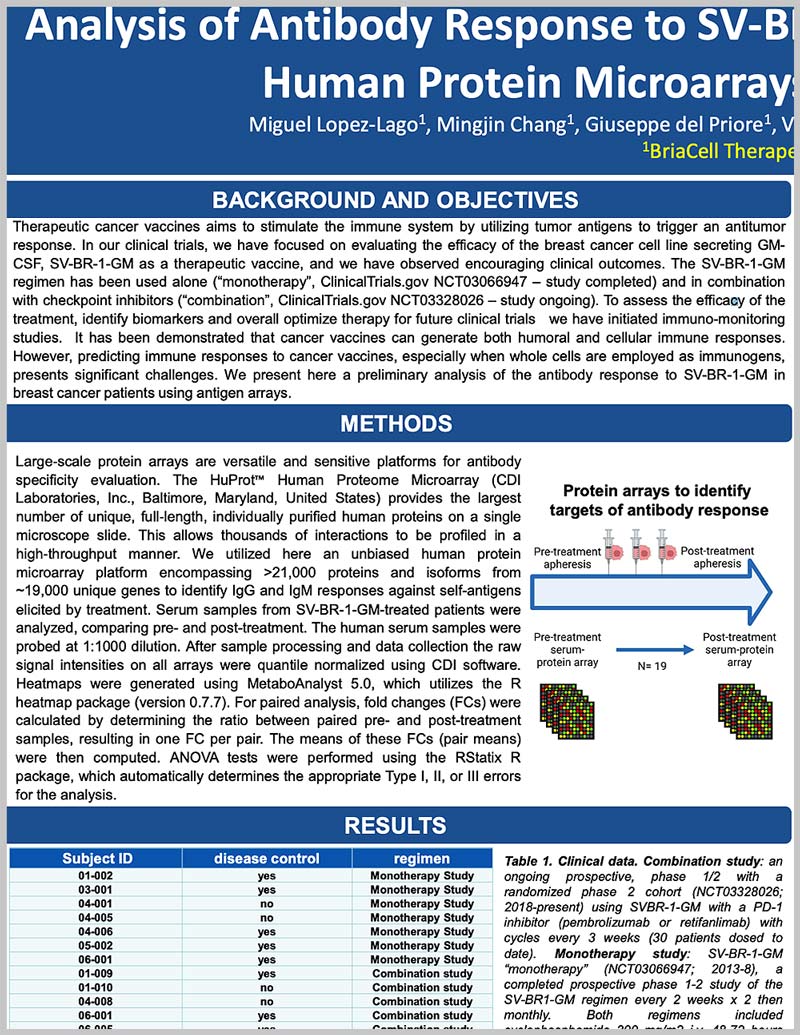- Follow Us
CDI Labs Services for
Vaccine Development and Safety
HuProt provides insights into the magnitude and specificity of the immune response elicited by a vaccine.
REQUEST INFOHuProt Provides Insights to Immune Response
Assess the risk of autoimmune reactions or immune-related adverse events (irAEs) associated with vaccination
Measurement of vaccine-induced autoantibody responses can provide insights into the magnitude and specificity of the immune response elicited by a vaccine. Autoantibodies may also be involved in the safety evaluation of vaccines by assessing the risk of autoimmune reactions or immune-related adverse events (irAEs) associated with vaccination. Vaccines can occasionally trigger the production of autoantibodies targeting self-antigens, which on rare occasions can lead to autoimmune diseases or exacerbation of pre-existing autoimmune conditions. Incorporating autoantibodies into biomarker panels or profiles may improve the accuracy of safety assessments for vaccines. Combining autoantibody data with other immunological, clinical, and genetic markers can enhance risk prediction models and facilitate personalized vaccine recommendations.
Cancer vaccines work by stimulating the body's immune system to recognize and attack cancer cells specifically. These vaccines are designed to stimulate the immune system to trigger an anti-tumor response by utilizing tumor antigens.
Analysis of Antibody Response to SV-BR-1-GM Therapeutic Vaccine in Breast Cancer Patients Using Human Protein Microarrays: Potential Correlations with Therapy Response
Background
Therapeutic cancer vaccines aims to stimulate the immune system by utilizing tumor antigens to trigger an antitumor response. In our clinical trials, we have focused on evaluating the efficacy of the breast cancer cell line secreting GMCSF, SV-BR-1-GM as a therapeutic vaccine, and we have observed encouraging clinical outcomes. The SV-BR-1-GM regimen has been used alone (“monotherapy”, ClinicalTrials.gov NCT03066947 – study completed) and in combination with checkpoint inhibitors (“combination”, ClinicalTrials.gov NCT03328026 – study ongoing).
VIEW POSTER
